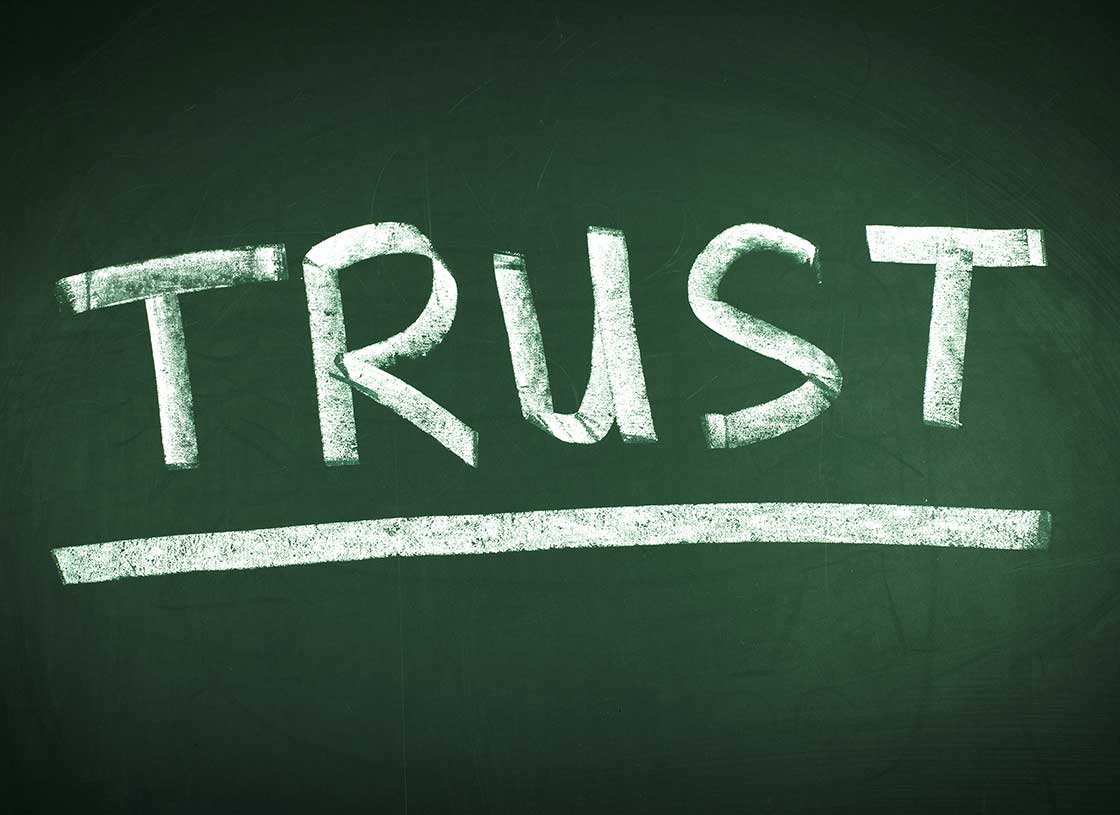On the one hand, contractors have a high hurdle for gaining the confidence of your customers. For starters, there’s scam’s broad brush. Many customers have known of individuals who have fallen victim to false promises offered up by fly-by-night operators.
You don’t have to have a Dateline hidden camera following your business to know that people are watching, talking – and unsure that what you say needs to be done actually needs to be done. Or that you’re not trying to price yourself at a point far beyond value. Or that what you do today is going to malfunction tomorrow, when you’re nowhere to be found. So there’s that.
“But who wouldn’t trust me?” you ask. Right, we know you’re swell. And you could be thinking you’re good at what you do, you price fairly and you’ll stand by your promises. But that view may be coming from your face in the mirror; not your customer. Trust isn’t a given. It has to be earned.
Another factor: Depending on the job, some of the work is mysterious. Anyone can open an HVAC panel or an electric service panel and stare blankly. Or hear a vague hissing that sounds awfully like a hidden leak. Or otherwise know they have a problem. But whether to say yes to your recommendation, that takes trust.
And how do you generate this trust? It doesn’t come from a “free estimate,” though that can certainly open the door. Trust starts building with the technical skills to identify the problem, the communication skills to explain the problem and the solution, the guarantees behind the solution that say you stand by your work and the continued communication long after the sale.
See how that works? Trust builds. It’s not one step, but multiple steps over and over.
And that’s the other hand. You’ve got exactly what you need to gain your customers’ trust. The Trust Barometer released by the global PR firm Edelman says that the way to build trust begins with these areas:
Integrity
- Has ethical business practices (no hidden fees; guarantees for your work; products do what you say they’ll do).
- Takes responsible actions to address an issue or crisis (customer complaints are opportunities to serve).
- Has transparent and open business practices (your estimates and invoices are clear and above-board).
Engagement
- Listens to customer needs and feedback (and responds).
- Treats employees well (they are you #1 ambassadors for new customers).
- Places customers ahead of profits (customer retention is priority).
Products and Services
- Offers high-quality products or services (with warranties that you’re happy to fulfill).
- Is an innovator of new products, services or ideas (Because you’re an expert in your industry and stay in-tune with technological improvements, and because you’re always listening to what your customers need, you know which products and services to add).
Integrity’s Pay-Off
Making a quick dollar doesn’t keep a customer, or get good word or mouth. But trustworthy practices do. So, what happens when customers trust a company? The Edelman Trust Barometer says:
- 80% choose to buy products/services
- 68% recommended them to a friend or colleague
- 54% paid more for products/services
- 48% shared opinions online
All good outcomes. There’s no better marketing than a satisfied customer who buys more, and buys more often, and tells others about you.

